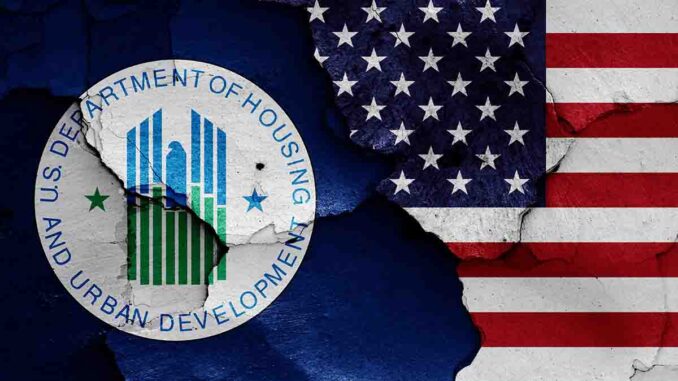
The U.S. Department of Housing and Urban Development (HUD) this week announced that it is allotting $30.3 billion for the Housing Choice Voucher (HCV) Program for 2023. The increase marks a 10.5% increase to the program’s 2022 funding levels, according to an announcement from HUD.
“This historic, $2.9 billion increase over the prior year will help Public Housing Authorities (PHAs) address recent inflation in rents and enable more low-income families to use housing vouchers to afford a safe, decent place to call home,” HUD said.
Last week, HUD awarded $27 billion of the $30.3 billion total to PHAs in an effort to renew assistance for 2.3 million low-income households currently making use of the program. More than half of current users are made up by seniors and people with disabilities, while the rest are made up of working families with children according to the department.
79,000 of the current beneficiaries are also formerly-homeless military veterans, while additional funding has been allocated for tenant assistance in public or low-income housing that is nearing demolition or retirement from service ($337 million), and a 15% budget increase to cover PHA administrative expenses ($2.8 billion).
“We know there is a housing affordability crisis, and this funding will help people who are struggling to find a place they can afford to live, including people experiencing homelessness,” said HUD Secretary Marcia Fudge in a statement. “With the awarding of these funds for housing choice vouchers — which represents HUD’s single largest investment in affordable housing — public housing agencies throughout the country have flexible resources to offer more housing options so that no one is ever denied housing because they are unable to pay the monthly rent.”
Secretary Fudge announced the new funding levels on Thursday during an appearance in Toledo, Ohio at an event highlighting the use cases and potential assistance of the HCV program for qualifying beneficiaries.
In its notice of increased funding, HUD also said that it has made additional materials available for landlords by creating specialized engagement tools including informational sheets, guidebooks, information about landlord-focused events and FAQ documents.
It has also made HCV utilization tools available that include additional information such as projection tools, training videos and monthly summaries of the program.



